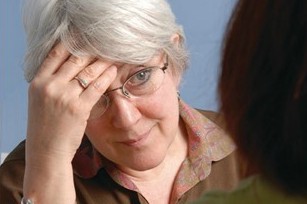Foreign-born GPs are bearing the brunt of public anger

I have been living here 17 years. Having gone through the tedious visa process, I have been a British national the past six years. I worked in various underserved fields of medicine in underserved areas of the UK, before becoming a GP. I have been practising in this role for seven years.
The past two and half years have been have been difficult for me as a GP, not only due to the increased workload, reduced funding and the shortage of staff, problems that the whole of the NHS is facing. There is also one more important factor that I did not believe I would still be facing after 17 years of living and working here.
That factor is that I was not born here. Initially like most people, I thought it was all ‘BREXIT related racism’.
But some of my own patients have started talking about this openly. And I have been discussing this with other foreign-born GPs with backgrounds similar to mine. The problem is more complex than BREXIT or racism, in fact I don’t even think we can call it racism.
The factors are a complex mixture of increasing poverty, lack of public services and fuelling by the media of so-called nationalism that targets immigration as the cause of these problems.
Patients often make comments, sometimes quite direct, such as ‘when I saw your name I did not think you would be a good doctor, but now seeing you I think I was wrong’, or ‘how come you are from a different country but have a house, car and live in luxury while even being born here I live in penury’.
Another of my fellow foreign-born GPs said: ‘I hope there will be a general election soon and change of government – I don’t care if the new government taxes me to the skin so long as they tackle British poverty so patients will let me off the hook.’
In these tough times when GPs are already working under such increased pressures, we foreign doctors also face a lack of trust and anger, as well as a constant fear of complaints, from the same patients we try to save every day.
Anonymous GP, England
Pulse July survey
Take our July 2025 survey to potentially win £1.000 worth of tokens












